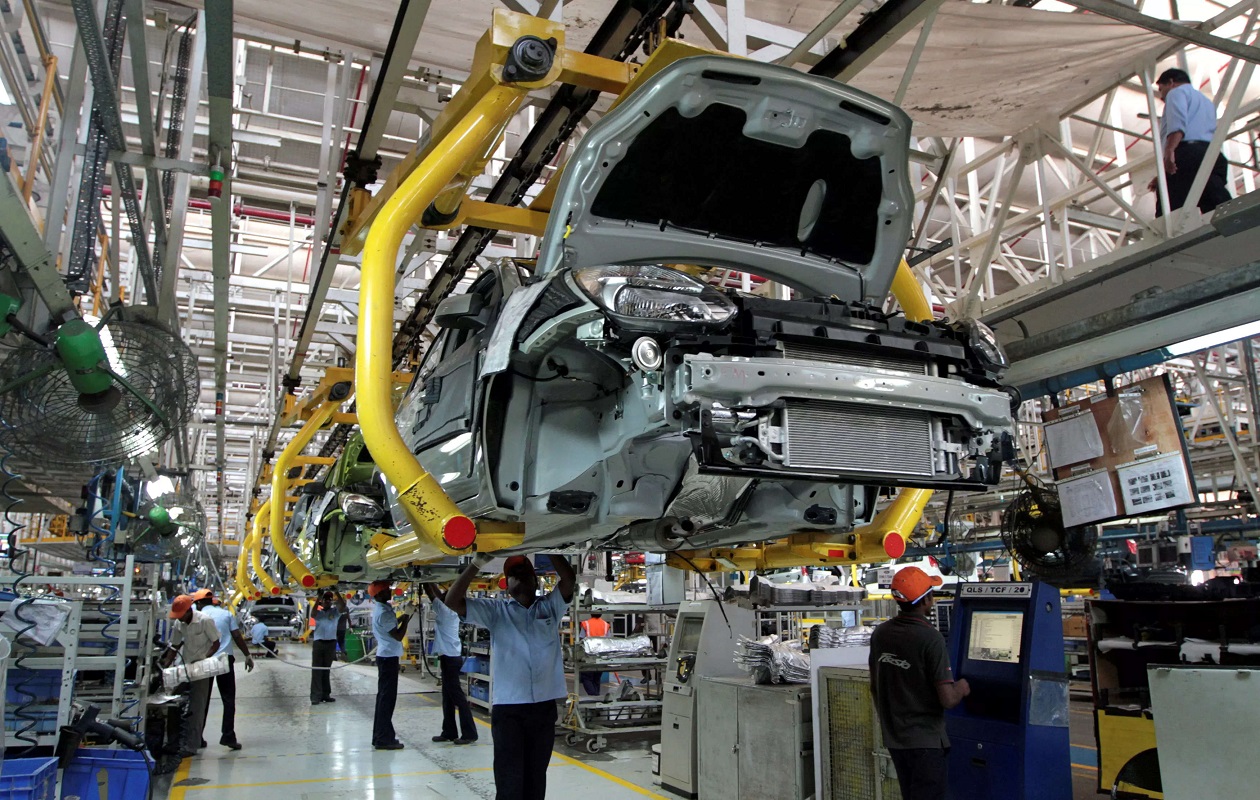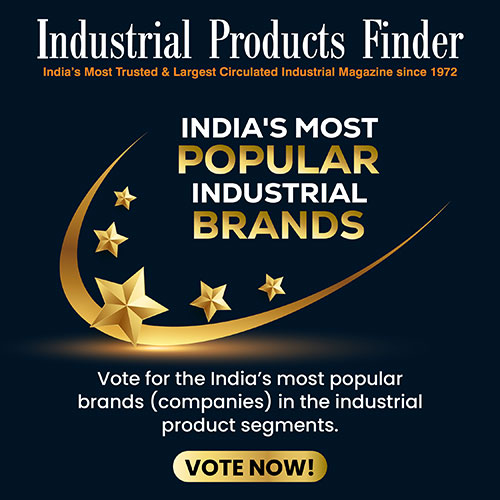Schedule a Call Back
Handle corrosion proactively before it erodes profit
 Technical Articles
Technical Articles- Oct 01,17

Related Stories
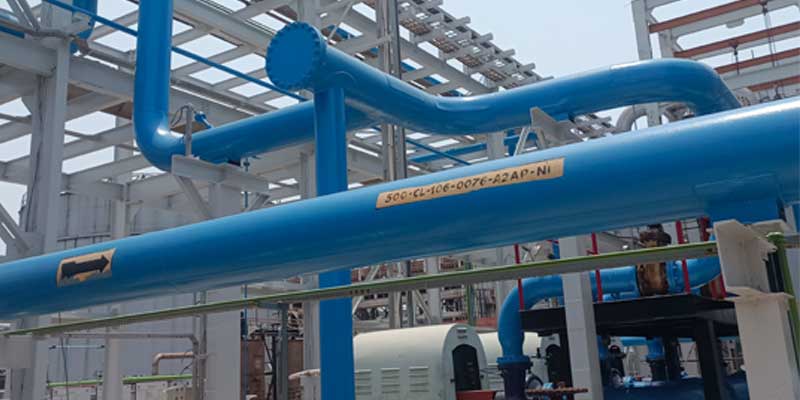
A Century of Success: Berger Paints
Through its pioneering initiatives, Berger Paints has cemented its position as an industry leader, demonstrating commitment to innovation, sustainability, and customer-centric solutions.
Read moreJindal Aluminium produces 115,920 MT of aluminium extruded products in FY23-24
Operating three cutting-edge manufacturing plants located in Bengaluru, Dabaspet (Karnataka), and a newly acquired facility in Bhiwadi (Rajasthan), Jindal Aluminium boasts a total manufacturing capa..
Read more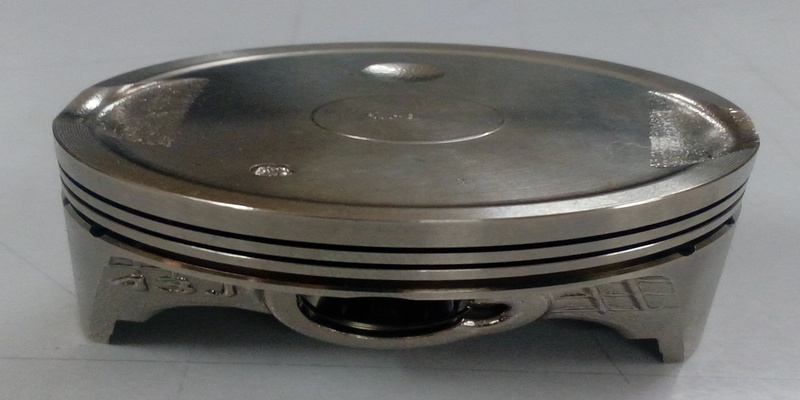
Abilities India secures patent for revolutionary piston and cylinder coating technology
The technology is poised to transform the engine components landscape reducing friction, wear, emissions & fuel consumption by 2-3%.
Read moreRelated Products
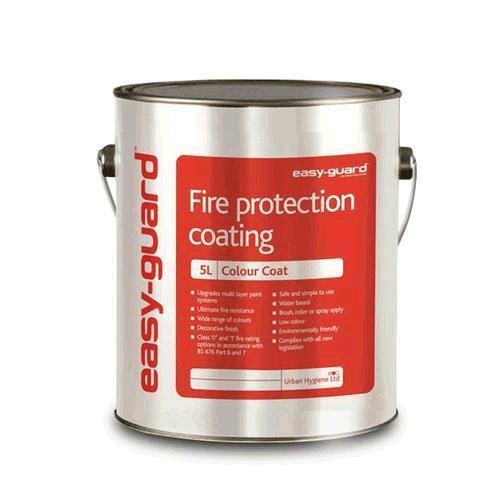
Safety Fire Retardant Coating
Marco Trading Company is offering a range of safety fire retardant coating.
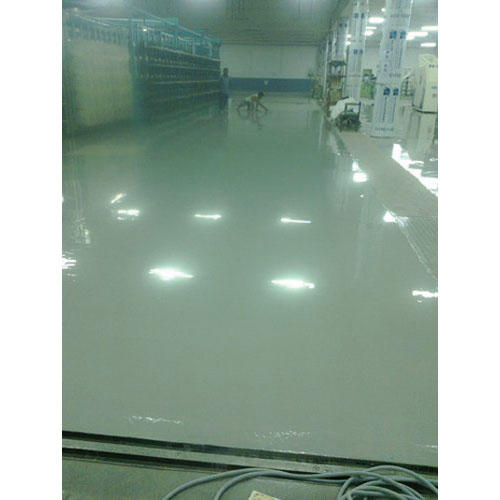
Surface Coatings
Patel Enterprise is offering a range of surface coatings.
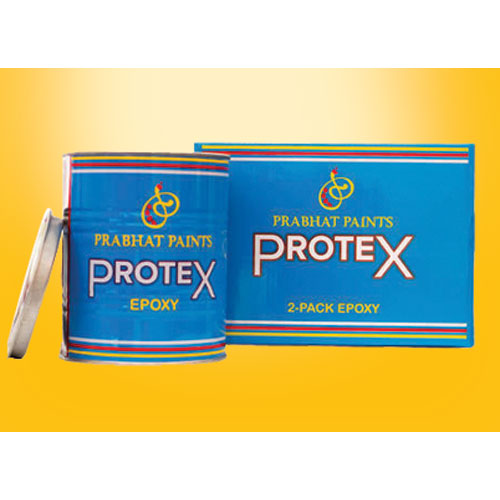
Industrial Colour Paint
Prabhat Paint Industries offers a wide range of industrial colour paint.





